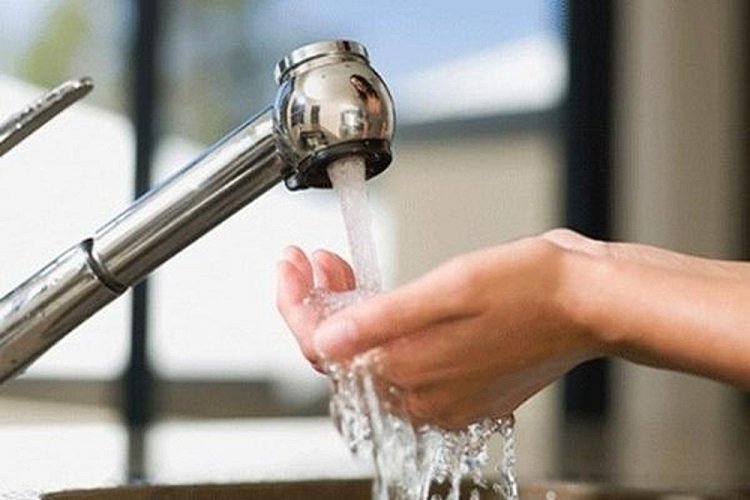
Water Quality Management in Residential Buildings: Procedures, Standards, and Benefits for Residents
Water Quality Management in Residential Buildings: An Essential Factor for Resident Health and Safety
In the field of building operation and management, domestic water quality is one of the most critical technical components. Clean and safe water impacts residents’ daily lives and health, and it also reflects the professionalism and reliability of the building management team. Regular monitoring, inspection, and maintenance of the water system are essential requirements to ensure a healthy and compliant living environment.
1. Why Is Water Quality Control Necessary?
Water quality in a building can be affected by several factors:
-
Water tanks that have not been cleaned for long periods
-
Aging, corroded, or leaking pipelines
-
Accumulation of algae, bacteria, or sediment inside the system
-
Fluctuations in the water supply from the municipal provider
Poor water quality can lead to issues such as unpleasant odors, sediments, contamination, or unstable pressure — all of which negatively affect residents’ health and daily activities.
2. Standard Water Quality Management Procedures
A professional building operation and management unit must implement the following steps:
• Regular inspection and cleaning of water storage tanks
-
Clean tanks at least twice a year as recommended by health authorities
-
Inspect tank covers, floats, pipes, and sealing conditions
-
Ensure no foreign objects, sediments, or algae exist inside the tanks
• Monitoring incoming water quality
-
Collect water samples for testing at a Ministry of Health–certified laboratory
-
Compare results with QCVN 01:2009/BYT (Vietnam’s national drinking water standard)
-
Maintain logs and promptly notify residents of any abnormalities
• Maintenance of the pipeline system
-
Inspect all pipes for leaks or corrosion
-
Remove deposits and replace deteriorated pipe segments
-
Ensure stable and consistent water pressure throughout the building
• Responding to water-related incidents
-
Notify residents immediately in case of water supply issues or contamination risks
-
Coordinate with contractors to resolve the incident quickly
-
Re-test water quality before restoring supply
3. Benefits of Professional Water Quality Management
✔ Protects residents’ health and safety
✔ Reduces complaints and water-related incidents
✔ Enhances the reputation and reliability of the Management Board
✔ Ensures consistent building operation quality
✔ Complies with legal and technical standards








